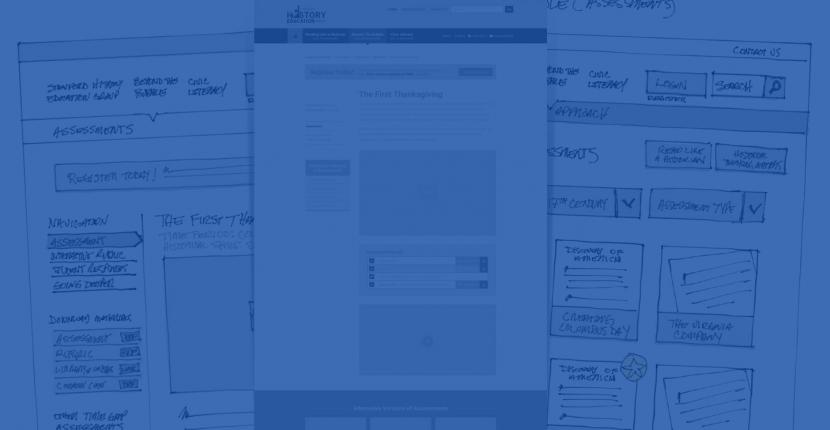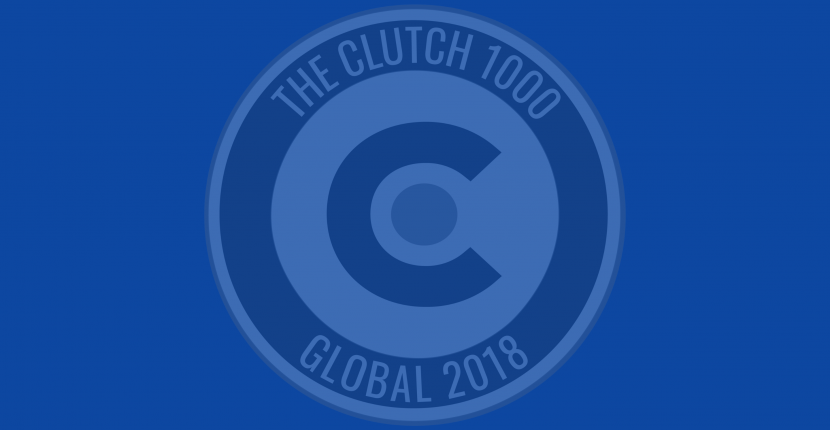Project management has a maxim often called the Triangle of Truth (cue the dramatic music). Most often it's expressed as:
You can get it fast, you can get it good, you can get it cheap... but you can't have all three.When considering your project, you need to ask yourself: What matters most to you? Speed, Scope (the "good" above, in this instance meaning including most/all features), or Budget? Knowing the answer before you begin will help you prioritize and make crucial success decisions later. Speed: Is your project pointless if you can't launch it on a certain date? If yes, then the schedule is your #1 concern, and you should be willing to be flexible in whatever way that serves to get it out the door by that drop dead date. This might mean launching with less functionality or a higher price tag (particularly if your date is rapidly approaching). Scope: Is your project useless if it doesn't have all of the specified features? If yes, then scope is the leg of the triangle that has to be respected. Maybe that means you can't launch on the date you were hoping for, or maybe it means the project will cost more to build, but if you've got to have the functionality, then you need to accept flexibility in the other constraints. Budget: Is your budget maxed out with no hope of additional funding? If yes, then you've got to prioritize functionality and build what you can afford and cut some corners on the rest. So, again, what matters most? You can't have it all, that's just not realistic. Even if you have budget issues, and you have to launch at a certain date, and you can't budge on scope: you have to choose where your flexibility lies, because once the going gets tough, you'll need to make some decisions and the risk of not knowing what's most important to project success will make that choice much harder. Why can't they have all three? On my projects, I try to mange potential and active risks, but at some point in every project, you're going to run into an "unknown unknown" (as we say in the PM biz, meaning unpredictable risk). Often, that unanticipated risk will affect something, which means correction will be necessary. If your triangle is fixed... well nothing can budge... you can't fix it! I hope I'm making myself clear here, unless you can predict *everything*, you need breathing room somewhere. How do you prepare for this conversation? No client likes to hear "I can't have it all", so don't expect them to jump for joy as you're explaining this, but it's a necessary conversation. It's best held at the very beginning in my experience. It helps you manage expectations and later you can whip out your "I told you this day would come" card when there is a decision to be made without the awkwardness. This is the type of discussion that I usually have with clients during kick-off meetings. From day one of the project, I ask them the above questions and then after I've got a clear answer, I tell them why I was asking and I explain the triangle if they're not already familiar with it. What if they don't get it? These days I find that clients are more familiar with this concept, but be wary of those who do not get it. Clients who cannot order these three crucial aspects from 1-3, send warning bells a-blaring in my head. I can think of a couple of past experiences with clients who didn't get it: it always ended in disaster. Identifying your flexibility points on the Speed/Scope/Budget triangle should be one of the first steps you take in project management. Knowing what your constraints are, and how you will handle them will assure your decision making process will be oriented toward what matters most, and help ensure true project success.
We'd love to partner with you on your next project!
Since we’re big on relationships, we’re all about finding the right fit. Will you take the next step with us to see if we’re a match?





